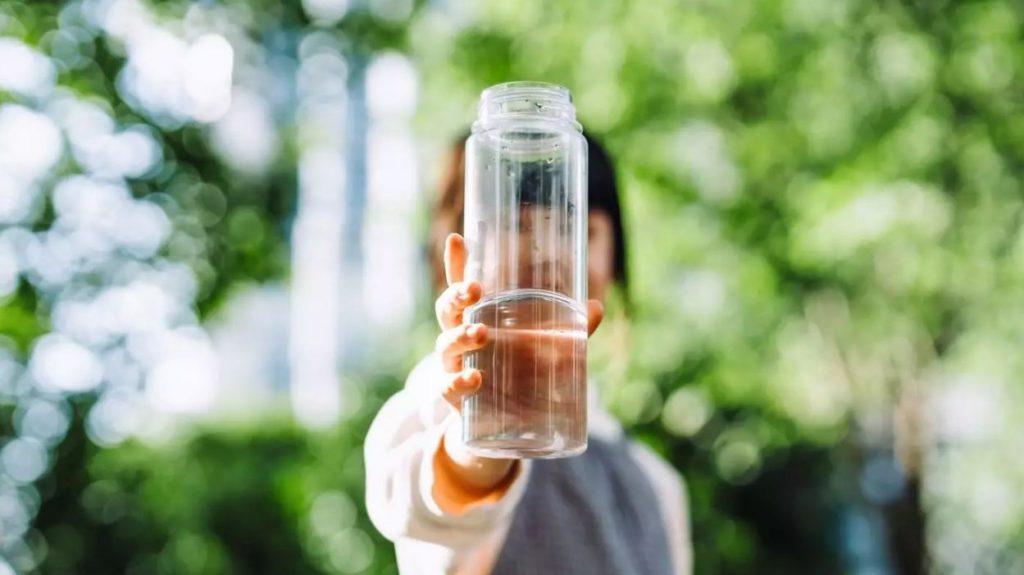Reusable water bottles have become essential for those aiming to stay hydrated and reduce plastic waste. However, recent research has revealed a surprising and unsettling truth your eco-friendly bottle could be harboring more bacteria than a toilet seat if not cleaned properly. This finding is prompting health experts to urge users to take hygiene more seriously when it comes to daily hydration habits.
Startling Research: Bacteria Hotspots in Bottles
A recent study conducted by researchers at WaterFilterGuru.com examined the microbial content inside different types of reusable water bottles. Using lab tests, they discovered that certain bottles can host up to 40,000 times more bacteria than the average toilet seat. Specifically, the spout lids and straw-style tops were identified as the most bacteria-laden areas. These findings highlight a major oversight among users who regularly refill their bottles without thorough cleaning. While the outside may appear clean, the inside of a bottle—especially around the mouthpiece—is often a breeding ground for harmful microbes.

Types of Bacteria Found
The bacteria detected were not just harmless strains. The study identified two particularly concerning types: gram-negative rods and bacillus. Gram-negative rods are known to cause infections such as pneumonia and bloodstream issues, while bacillus, although often non-toxic, can still lead to foodborne illnesses if consumed in large quantities. These pathogens thrive in moist, enclosed spaces, making the inside of a water bottle the perfect environment—especially when it’s kept at room temperature and refilled throughout the day without proper sanitation.
How Often Should You Wash Your Bottle?
Experts recommend washing your reusable water bottle daily with hot, soapy water and scrubbing all components, including the lid, straw, and mouthpiece. For even better results, bottles should be sanitized with white vinegar or a diluted bleach solution weekly, particularly if they’re used for anything other than plain water. For those who own dishwasher-safe bottles, running them through the dishwasher regularly can also help eliminate bacteria build-up. However, be cautious with plastic bottles that may degrade or retain bacteria over time—glass or stainless steel bottles are more hygienic options in the long term.
Reusable vs. Single-Use: A Balance of Hygiene and Sustainability
Despite the concerning bacteria levels, reusable bottles are still far superior to single-use plastic from an environmental standpoint. The key is finding the balance between sustainability and sanitation. Using a reusable bottle responsibly means making hygiene a priority—just as much as reducing waste. Incorporating a bottle-cleaning routine into your daily habits, much like brushing your teeth or washing dishes, can drastically reduce the risk of ingesting harmful microbes.

Conclusion: Clean Bottle, Healthy You
Reusable water bottles are a smart and sustainable choice—but only when kept clean. The idea that your bottle could be dirtier than a toilet might sound shocking, but it’s a helpful reminder that even eco-conscious habits require attention to hygiene. So, the next time you take a sip, ask yourself: When was the last time I cleaned this properly? A clean bottle isn’t just better for the planet—it’s better for your health too.

















